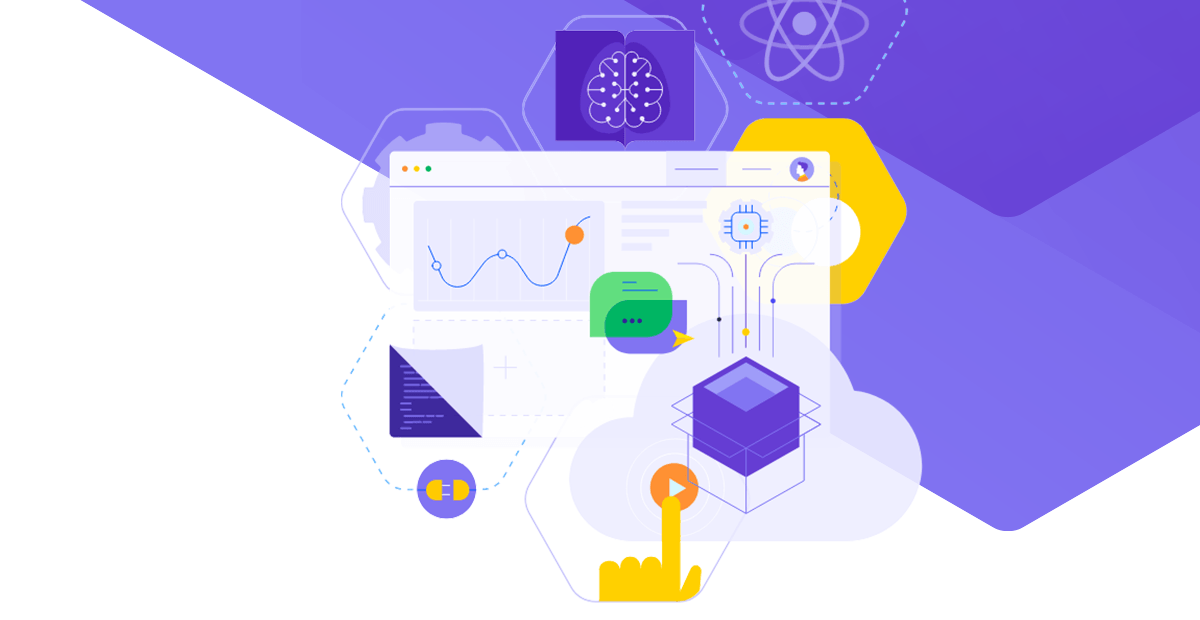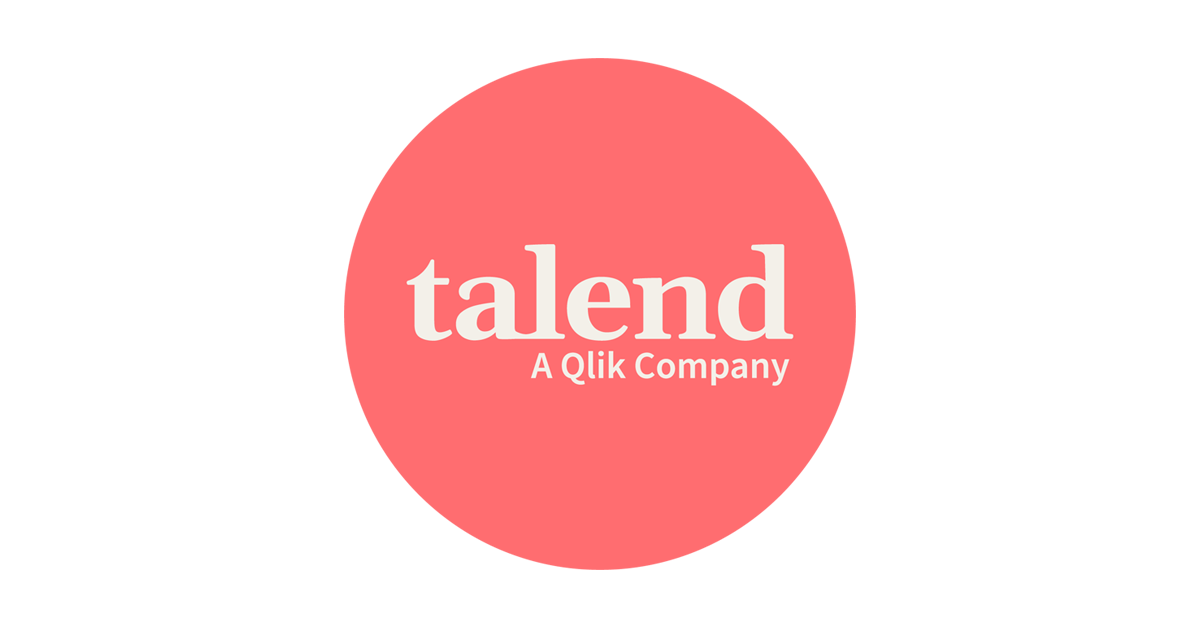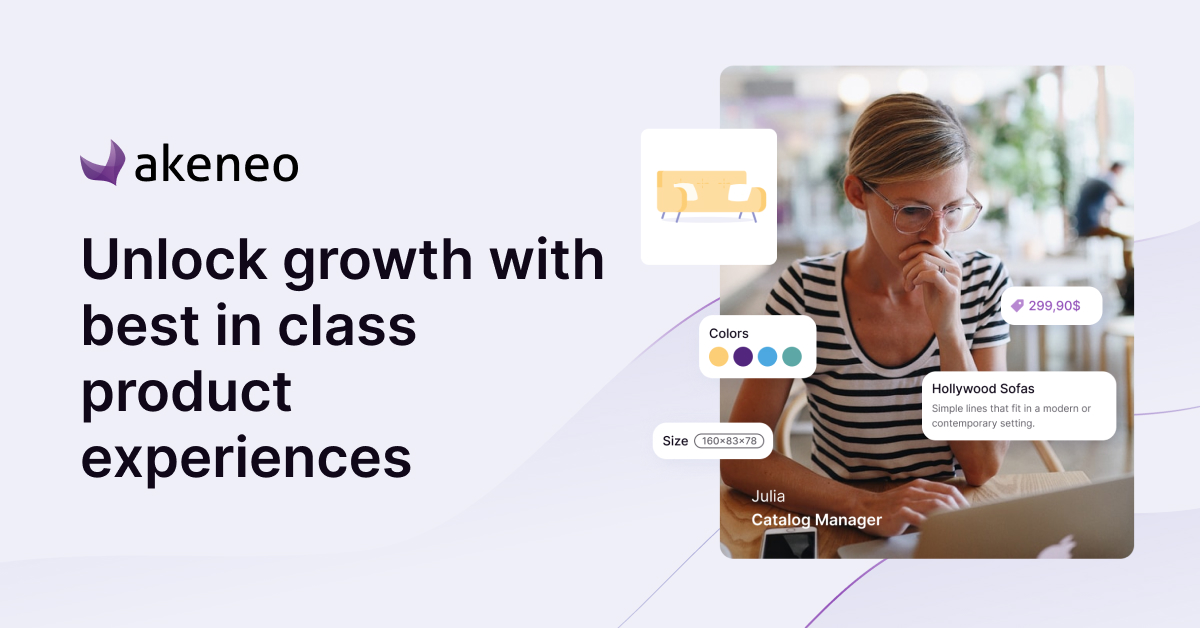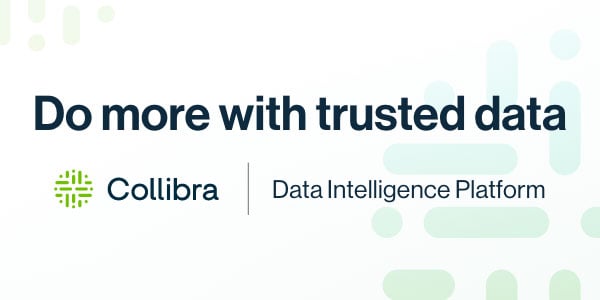Introduction
As digital transformation continues to accelerate, organizations are struggling with data chaos – fragmented customer profiles, duplicative records across systems, and lack of a single source of truth. This significantly hampers critical activities like analytics, customer experiences, regulatory reporting and more. Master Data Management (MDM) has emerged as a key strategy to bring discipline to diverse data sources and establish trusted shared dimensions. However, with dozens of MDM vendors in the market, it is difficult for data leaders to identify the right solution. This blog evaluates 15 of the leading MDM platforms based on key criteria to help you simplify data governance.
Methods of Evaluation
We have evaluated these 15 MDM software vendors based on platform capabilities, features, integration options, customer reviews, pricing and support models. In addition to conventional evaluation of functionality, we have also considered non-technical factors like number of backlinks, website traffic, search volume and keyword trends to determine leadership and market presence over time. This holistic approach helps provide a balanced perspective on choosing the ideal MDM partner based on your specific technology and business priorities.
1. IBM Infosphere MDM
IBM Infosphere MDM is a master data management software from IBM. As one of the top MDM solutions for large enterprises, IBM MDM helps companies gain a single view of critical data across the enterprise. It provides capabilities for data modeling, profiling, standardization, matching, and synchronization to help ensure high quality master data.
Pros: Key advantages of IBM MDM include: Strong support for complex data modeling and entity matching. Highly scalable and customizable to meet the needs of large, complex enterprises. Integrates with other IBM tools and platforms like InfoSphere Information Server for data governance and data quality.
Cons: A potential disadvantage is the higher cost compared to some other MDM options, which may make it unattainable for some small and mid-sized businesses.
Pricing: Pricing for IBM MDM is not publicly disclosed and depends on the organization’s size, number of users, and specific implementation requirements. Contact IBM sales for a customized quote.
Some key stats about IBM MDM include: Used by many large global enterprises, including over 50% of Fortune 500 companies. Supports modeling and management of billions of records across diverse data types. Integrates with over 50 applications and platforms for a comprehensive MDM solution.
2. SAP MDG
SAP MDG is a leading master data management (MDM) software solution from SAP, one of the largest enterprise software companies in the world. With over 50 years of experience in developing business applications, SAP brings significant expertise in data management to their MDG product.
Pros: Some key advantages of SAP MDG include:
– Comprehensive MDM functionality including data modeling, workflows, business rules, and more
– Strong integration capabilities with other SAP applications for a unified data architecture
– Robust support and regular updates from SAP with over 20 annual releases
Cons: One potential disadvantage is that SAP MDG may be an expensive solution due to the costs associated with SAP licensing and support contracts. It is best suited for large enterprise customers already using multiple SAP applications.
Pricing: SAP MDG pricing is customized based on several factors like the number of individual users, modules and capabilities implemented, and number of records under management. Contact SAP sales for a budget estimate but generally SAP software pricing starts at tens of thousands per year.
Some key stats about SAP MDG include:
– Over 5,000 customers globally across multiple industries
– Integrates with all major SAP applications including S/4HANA, ECC, CRM, and more
– Supports 12 languages out of the box with localization for over 40 countries
3. Progress MDM
Progress MDM is a best-of-breed master data management solution that helps organizations gain a single view of critical data such as customers, suppliers, products, and other core business entities. Progress MDM enables shared master data across departments and applications to drive more consistent business processes and decisions. The software provides a centralized system of record for critical data that is accessible throughout the enterprise.
Pros: Some key advantages of Progress MDM include:
– Functionalities like process modeling, UX designer, and workflow engine for easy configuration
– Integrates with Corticon for advanced rules authoring and business logic
– Good migration and data governance features for moving data from legacy systems
– Centralized web interface makes it easy to access and maintain master data across departments
Cons: One potential disadvantage is that the initial implementation of Progress MDM often requires significant time, resources and expertise to setup the data model, migrate legacy data, and integrate it with various source/target systems.
Pricing: Progress MDM pricing is typically based on the number of users, data transactions or records, and additional services required. However, it is considered one of the more affordable mid-market MDM options starting at around $50,000 for smaller deployments.
Some key stats about Progress MDM include:
– Used by over 1,000 enterprise customers worldwide across a wide range of industries
– Supports the creation and maintenance of over 100 master data domains
– Integrates with over 300 applications through pre-built connectors
– Maintains data for over 1 billion records
4. Talend MDM
Talend MDM is a leading master data management software that helps organizations establish a single view of critical data assets. As an open source platform, Talend MDM can be deployed both on-premises or in the cloud to provide a scalable and cost-effective MDM solution.
Pros: Some key advantages of Talend MDM include:
– Combines MDM, data governance and data integration capabilities on a single platform
– Open source core allows for high customizability and cost efficiency
– Simplified user interface makes it easy to develop, deploy and manage MDM projects
Cons: One potential disadvantage is that as an open source platform, it may require more in-house custom development compared to other proprietary MDM tools.
Pricing: Talend MDM is available in commercial and open source editions. The commercial editions include additional support and premium capabilities. Commercial pricing starts at $150 per user per month for the Gold edition.
Some key stats about Talend MDM include:
– Used by over 1,500 customers globally across all major industries
– Supports integration with over 200 systems out of the box via prebuilt connectors
– Processes petabytes of data daily for major enterprises
5. Teradata MDM
Teradata MDM is a master data management platform developed by Teradata. As the name suggests, it provides comprehensive MDM capabilities and integrates tightly with Teradata’s data warehousing and analytics platforms.
Pros: Some key advantages of Teradata MDM include: – Integrates well with Teradata data warehousing and big data platforms – Analytics capabilities enable data-driven MDM – Strong data matching and deduplication capabilities for cleaning and linking data
Cons: As an integrated part of Teradata’s platform, it may not be as flexible to use as standalone MDM solutions and vendor lock-in is a risk.
Pricing: Teradata MDM pricing varies based on deployment size and requirements. It is typically sold based on annual subscriptions including support or as rented capacity on public clouds.
Some key facts about Teradata MDM include: – Supports over 500 customers globally across industries – Manages billions of critical master data records – Integrates with Teradata database, Hadoop and cloud data platforms
6. Mindtree MDM
Mindtree MDM is a master data management solution from Mindtree, a global technology consulting and services company. Mindtree MDM helps in creating a single view of critical data across various systems to drive consistent business processes and decisions. It allows organizations to effectively govern, manage and synchronize their master data.
Pros: Some key advantages of Mindtree MDM include:
– Specialized MDM implementation and migration services
– Experience with multiple vendor MDM platforms allows them to choose the best fitting solution
– Custom data modeling and configuration based on client’s industry and domains of master data
– Dedicated MDM support and service teams
Cons: As an outsourced MDM managed services provider, clients may have less control over the implementation compared to an on-premise self-managed solution.
Pricing: Mindtree MDM pricing is dependent on various factors like number of master data domains, volume of data, implementation and support requirements. It is generally available in on-premise licensed and cloud subscription-based pricing models. Contact Mindtree sales representative for a custom quote based on your requirements.
Some key stats about Mindtree MDM include:
– Over 25 years of experience in providing MDM services to global enterprises
– Experience in implementing MDM solutions for multiple vendor platforms like IBM, Oracle, SAP etc.
– Manages master data for over 150 clients globally across different domains
7. Akeneo MDM
Akeneo MDM is an open-source master data management solution developed by Akeneo. It provides a unified view of critical business information through reliable data entities like products, customers, suppliers. The platform aims to deliver transparency, consistency and quality of shared data across departments.
Pros: Key advantages of Akeneo MDM include:
– Open-source with no vendor lock-ins
– Wide range of features for MDM processes like data modeling, rules, workflows
– Embedded PIM capabilities for product data enrichment
– Highly customizable and extensible through PHP APIs and community plugins
Cons: The potential disadvantages of Akeneo MDM could be:
– Self-hosted only which requires in-house maintenance and support
– Lacks some advanced automation capabilities of proprietary MDM tools
– Documentation can be improved for some features
Pricing: Akeneo MDM is available free of cost under open-source licenses. Commercial subscriptions are available for premium support, UI/UX enhancements, training and certification.
Some key stats about Akeneo MDM:
– Used by over 1,000 companies globally across industries like retail, manufacturing, publishing
– Translated into 20+ languages with an active global community of over 30,000 users
– Flexible data model supports any business requirements without code changes
8. Collibra MDM
Collibra is a leading data intelligence and governance platform. The Collibra MDM solution combines master data management capabilities with data governance and data quality to provide a unified platform for managing critical master data across the enterprise.
Pros: Some key advantages of Collibra MDM include:
– Provides a unified platform for data governance, MDM, data quality and more through a single solution
– Automates classification and discovery of relationships between data to populate data models
– Ensures a single trusted view of critical master data across various systems and projects
Cons: One potential disadvantage is the need for significant resources required for a large enterprise deployment due to complexity of data models and rules needed for governance at scale.
Pricing: Collibra MDM pricing is typically based on number of managed records/objects and number of named users. Exact pricing is available by contacting a Collibra sales representative for a custom quote.
Some key stats about Collibra MDM include:
– Over 300 customers globally across various industries
– Integrates with over 150 applications via open APIs
– Supports over 30 languages and character sets
– Automates classification of over 80% of new data on average
9. Pimcore MDM
Pimcore MDM is an open-source master data management platform developed by Pimcore GmbH. It provides a comprehensive set of features for managing and governing master data across various systems in a centralized and connected way. Pimcore MDM combines PIM and MDM capabilities into a single platform.
Pros: Some key advantages of using Pimcore MDM include:
– Open-source platform that offers flexibility, security and cost-effectiveness.
– Intuitive UI and metadata model for easy administration and data handling.
– Tight integration with other Pimcore tools like DAM, PIM, DXP for consistent omnichannel experiences.
– Robust API and connector framework for hassle-free integration with any system.
– Advanced features like product variants, versioning, approvals etc. for complex B2B use cases.
Cons: One key disadvantage could be the learning curve for power users looking to customize and extend the platform beyond basic uses.
Pricing: Pimcore MDM is available freely as open-source software. Commercial subscriptions starting from $5,000/year are required for premium features like support, SLAs, cloud hosting etc.
Some key stats about Pimcore MDM include:
– Used by over 5,000 companies globally across various industries like manufacturing, retail, utilities etc.
– Supports management of more than 30+ data types including products, customers, articles etc.
– Integrates with over 50+ applications and systems like SAP, Oracle, Salesforce etc.
– Manages master data for some of the largest brands with datasets of over 50 million records.
– Available in over 15 languages to support global operations.
10. Zeotap MDM
Zeotap MDM is a leading master data management software that helps companies gain a single, coherent view of their customers through identity resolution and profile linkage. The software analyzes massive online and offline datasets to match identities and link fragmented customer profiles.
Pros: Key advantages of Zeotap MDM include:
– Identity resolution using massive offline and online datasets
– Links fragmented customer profiles by advanced matching algorithms
– Provides a unified customer view across channels for a truly holistic understanding of customers
Cons: Potential disadvantages could include the learning curve required to optimally configure identity resolution and profile matching rules.
Pricing: Zeotap MDM pricing is not publicly published but is typically sold on an enterprise software-as-a-service model with costs varying based on data volume, user count, and required customization.
Some key stats about Zeotap MDM include:
– Resolves identities for over 3 billion global profiles monthly
– Links over 250 attributes per profile on average
– Provides a 360-degree view of customers across 400+ data sources
11. Profisee MDM
Profisee MDM is a adaptive master data management platform built specifically for the needs of life sciences and pharmaceutical organizations. It provides comprehensive functionality for managing regulatory, substitution and other requirements of these complex product domains. The platform features an advanced data model to effectively represent the relationships between entities in these industries.
Pros: Key advantages of Profisee MDM include:
– Built specifically for life sciences and pharmaceutical industry use cases
– Comprehensive functionality like regulatory management, substitution, etc.
– Advanced data model for complex product domains
– Easy to implement and use with an intuitive UI
Cons: Potential disadvantages could include a steeper learning curve compared to more generic MDM solutions due to the specialized functionality for life sciences domains.
Pricing: Profisee MDM pricing is not publicly disclosed but is available upon request for an personalized quote. Typical pricing models involve an annual software license and support fees.
Some key stats about Profisee MDM include:
– Used by over 100 life sciences companies globally
– Supports management of billions of data records
– Integrates with over 50 source systems out of the box
12. Adverity MDM
Adverity MDM is a master data management solution developed by Adverity. Adverity provides an AI-powered integrated data platform that helps businesses easily automate the connectivity, transformation, and governance of data at scale.
Pros: Some key advantages of Adverity MDM include:
– AI / ML driven platform for automated data insights and recommendations
– Automatically extracts key customer insights and attributes from large profiles
– Continuously enhances customer, product and domain-specific data through machine learning
– Easy to integrate with other systems via open APIs
Cons: One potential disadvantage is that as a fully-cloud based SaaS solution, it requires an internet connection to access and could cause downtime issues for customers relying heavily on self-hosted MDM solutions.
Pricing: Adverity MDM pricing is based on a monthly subscription model starting from $500/month for smaller businesses up to $5,000/month for very large enterprises with customized pricing available. Discounts are offered for annual commitments.
Some key stats about Adverity MDM include:
– Manages data for over 500 customers worldwide across various industries
– Processes billions of records on a monthly basis
– Integrates with over 100 different data sources out of the box
– Uses machine learning to continuously enhance data accuracy and quality
13. Tamr MDM
Tamr MDM is a leading master data management software that utilizes artificial intelligence and machine learning to help businesses gain insights from their data. The Tamr platform automatically improves data quality and reduces the need for manual effort on complex data tasks through its self-learning capabilities.
Pros: Some key advantages of Tamr MDM include:
– Machine learning driven platform for entity matching and resolution
– Automatically improves data quality and matching over time without requiring manual configuration updates
– Reduces the manual effort needed for complex data tasks like deduplication and entity resolution
Cons: One potential disadvantage is the upfront costs of implementation which can be higher than some other MDM options due to its advanced AI capabilities.
Pricing: Tamr MDM pricing is typically based on the number of records in a customer’s data. It offers both perpetual and SaaS/subscription based licensing. Contact Tamr for a custom quote tailored to your organization’s data size and needs.
Some key stats about Tamr MDM include:
– Used by over 250 enterprises worldwide including JP Morgan Chase, Anthropic and Pitney Bowes
– Can integrate with over 50 different data sources and applications
– Reduces data duplication and errors by over 90% for many customers
14. Reltio
Reltio is an industry-leading master data management (MDM) software provider. Founded in 2013, Reltio has developed a Connected Data Platform that provides a cloud-native, SaaS MDM solution. Their software helps organizations gather, cleanse, and present trusted data from various sources in real-time at scale.
Pros: Some of the key advantages of Reltio’s MDM software include:
– Real-time MDM synchronization across distributed applications and databases
– Graph databases enable complex relationship modeling between different data entities
– Automated governance with a dynamic rules engine to maintain data quality and consistency
Cons: One potential disadvantage is that as a cloud-native solution, the software requires an internet connection to access and use the platform which may not work for some offline or disconnected use cases.
Pricing: Reltio offers flexible pricing plans including monthly and annual subscriptions. Pricing is based on the number of records under management and amount of platform use. They provide a free 30-day trial to test out the platform.
Some key stats about Reltio include:
– Processes over 85 billion transactions per month for its clients
– Supports over 500 customers worldwide across various industries like financial services, retail, healthcare, and more
– Has delivered trillions of transactions since its founding
15. Riversand MDM
Riversand MDM is a leading master data management solution that helps companies gain a single view of critical data across the enterprise. As a hybrid MDM software, it can be deployed both on-premise and in the cloud to provide flexibility to users. Riversand MDM utilizes a multidomain data model that supports the full master data lifecycle from initial loading and matching to ongoing transactional processing and distribution.
Pros: Some key advantages of Riversand MDM include:
– Hybrid deployment options for on-premise or cloud infrastructures
– Comprehensive out-of-the-box MDM, PIM and DAM capabilities
– Flexible domain-based data model to support any customer, product, or supplier domains
– Robust workflow and approval processes for transaction and reference data management
– Integration with all major ERP, CRM and eCommerce systems via pre-built adapters
Cons: One potential disadvantage is that the hybrid deployment option requires additional IT resources and expertise to manage the on-premise components compared to a pure SaaS solution.
Pricing: Riversand MDM pricing is custom-quoted based on organizational needs, data volume requirements, required functional modules, support and services. Typical pricing starts at around $50,000/year for a standard on-premise deployment.
Some key stats about Riversand MDM include:
– Used by over 1000 global brands and retailers
– Supports over 150 different source systems and targets
– Processes over 1 billion transactions per day
– Maintains a single view of master data for over 1 billion unique records
Conclusion
Master data management is no longer an option but a strategic imperative for enterprises. The right MDM solution can help bring cohesion to disparate systems, deliver trusted insights, optimize customer experiences and ensure compliance. We hope this evaluation of the top 15 MDM software provides valuable inputs for your selection process. Do evaluate customer references, get personalized demos and pilot the front-runner products to validate fit for your data landscape before finalizing your MDM partner.















